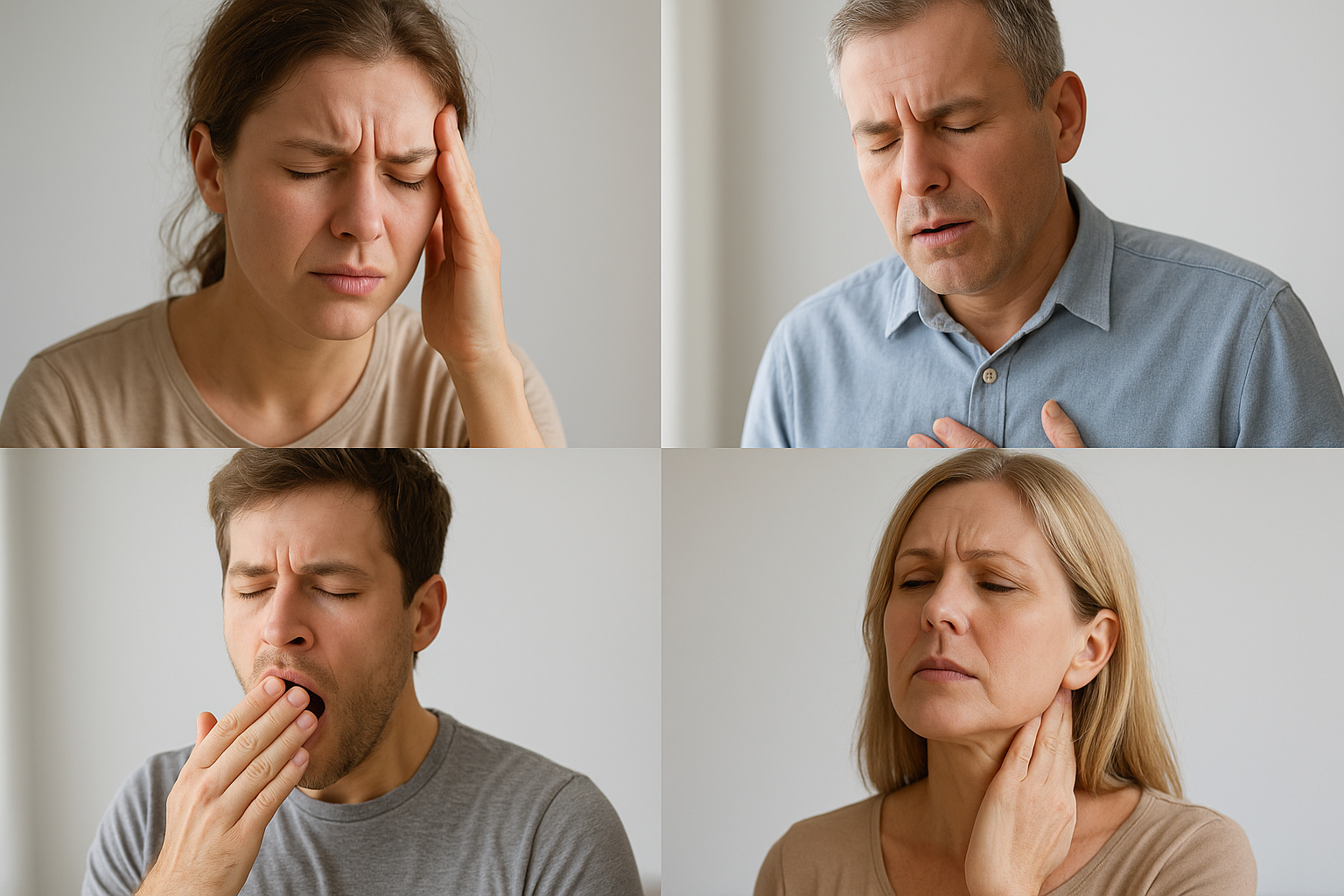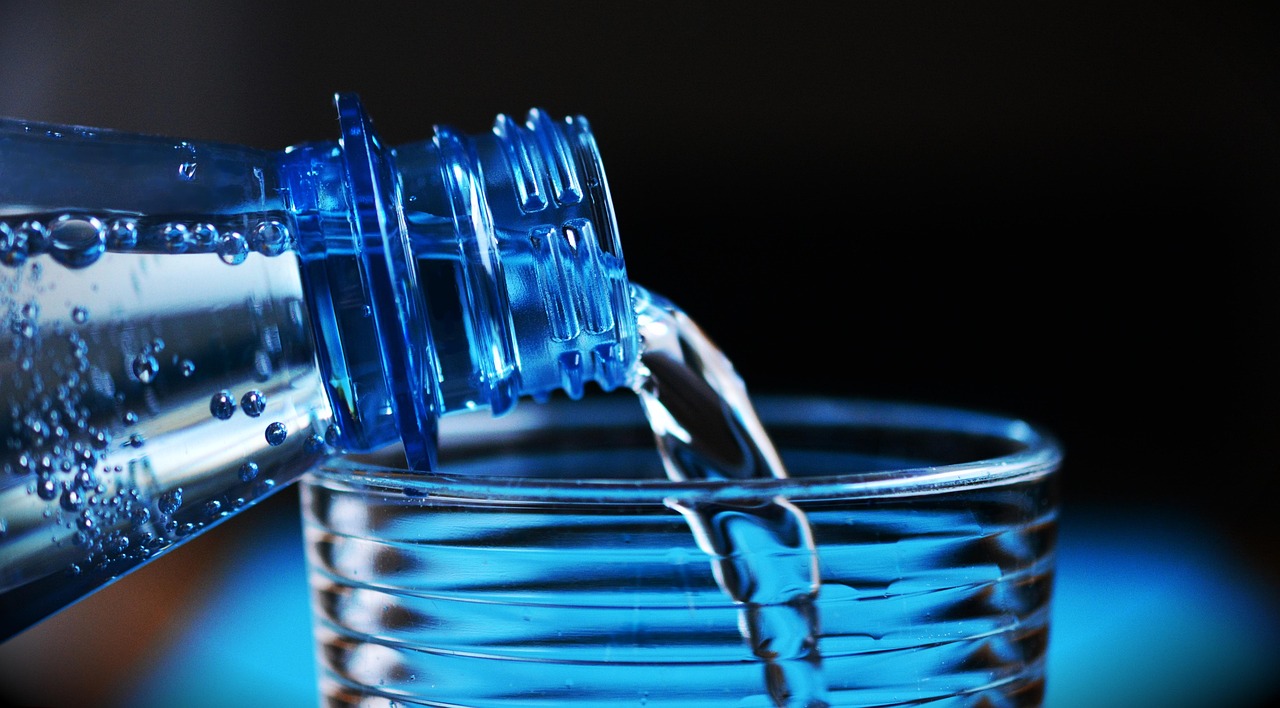10 Signs You’re Not 'Low-Carb' — You’re Just Constantly Thirsty
Electrolyte Imbalance: A Hidden Culprit

Low-carb diets can lead to an imbalance of electrolytes, which are critical for maintaining hydration and proper cellular function. Carbohydrates help in the absorption of sodium, potassium, and other electrolytes. When you cut down on carbs, you may inadvertently reduce your intake of these essential minerals, leading to symptoms such as dizziness, fatigue, and excessive thirst. Supplementing your diet with electrolyte-rich foods or drinks can help mitigate these effects. Understanding the role of electrolytes in your diet is crucial for anyone experiencing persistent thirst on a low-carb diet.
Ketosis and Its Impact on Thirst

When the body enters ketosis, a metabolic state induced by a low-carb diet, it begins to burn fat for energy instead of carbohydrates. This process generates ketones, which are excreted through urine, leading to increased fluid loss. Consequently, individuals in ketosis often experience heightened thirst as the body attempts to replenish lost fluids. Monitoring your hydration levels and adjusting your water intake accordingly is essential to avoid dehydration while in ketosis. Recognizing the signs of ketosis-related thirst can help maintain balance and ensure the effectiveness of the diet.
